
Stories from women in physics: ‘I want to understand how the world works’
For the International Day of Women and Girls in Science, women students and researchers from physics talk about what inspires them about their work. From quantum to cosmology and biophysics, their curiosity about how nature works is what connects these women. What do these 5 scientists want to share with girls wanting to pursue a career in science?
We spoke with:
-
Brenda Rovers who does a Master’s research project on quantum matter
-
Marine le Blay, a postdoc in experimental biophysics
-
Experimental quantum researcher and Assistant Professor Semonti Bhattacharyya
-
Associate Professor Silke Henkes, a theoretical biophysicist who studies how biological cells move
-
And Ana Achúcarro, who is a professor in the field of cosmology
-
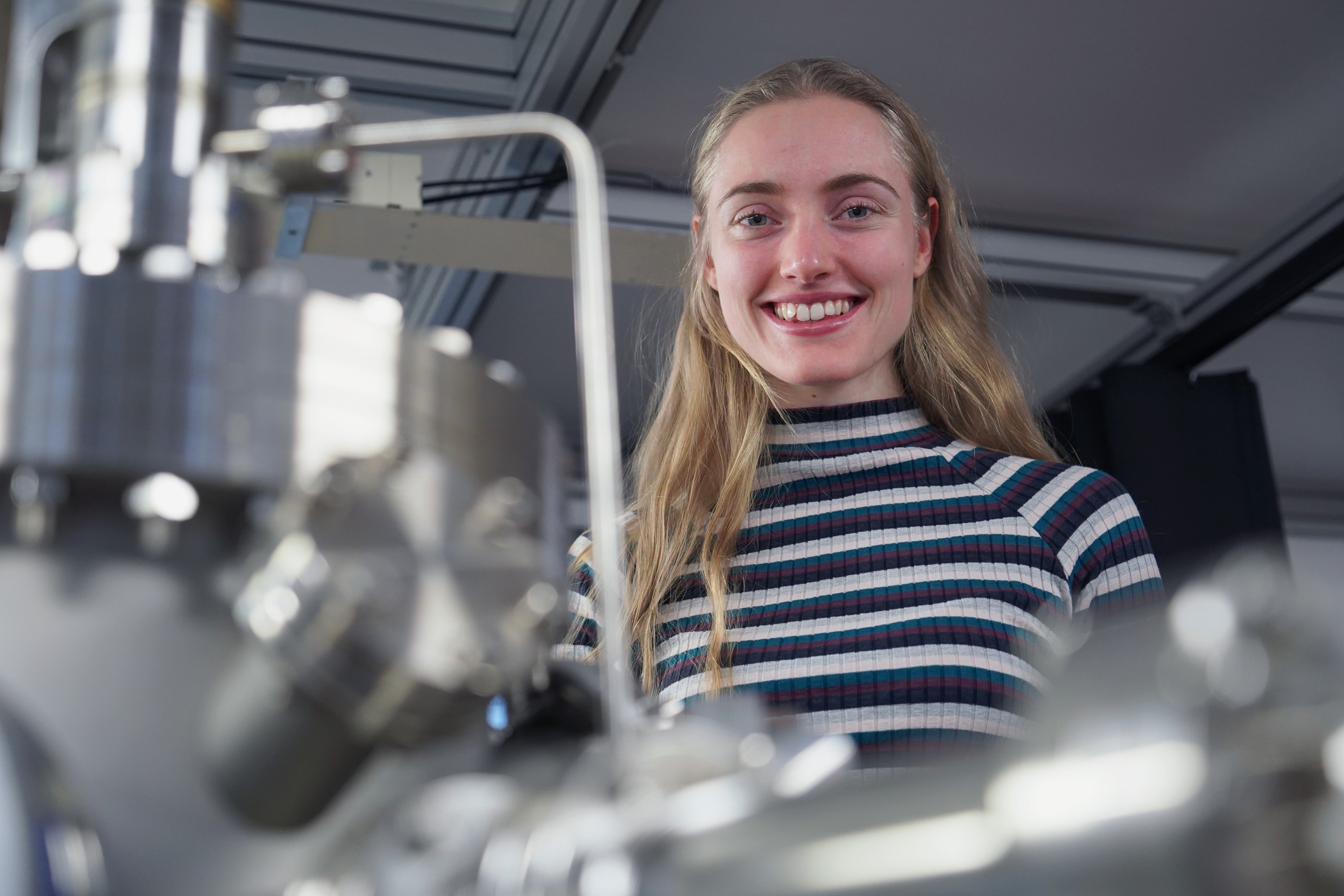
Brenda Rovers: ‘Never lose your curiosity! Understanding the world around you is not just a course you have to pass, but expanding your own boundaries and knowledge.’ -
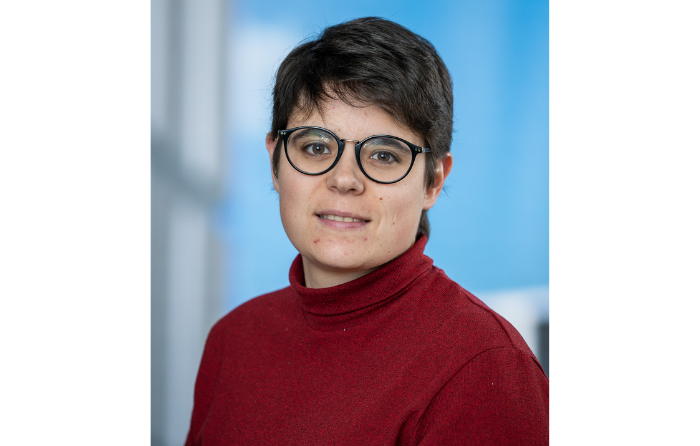
Marine le Blay: ‘Just believe in yourself. If you want to study physics, do it!’ -
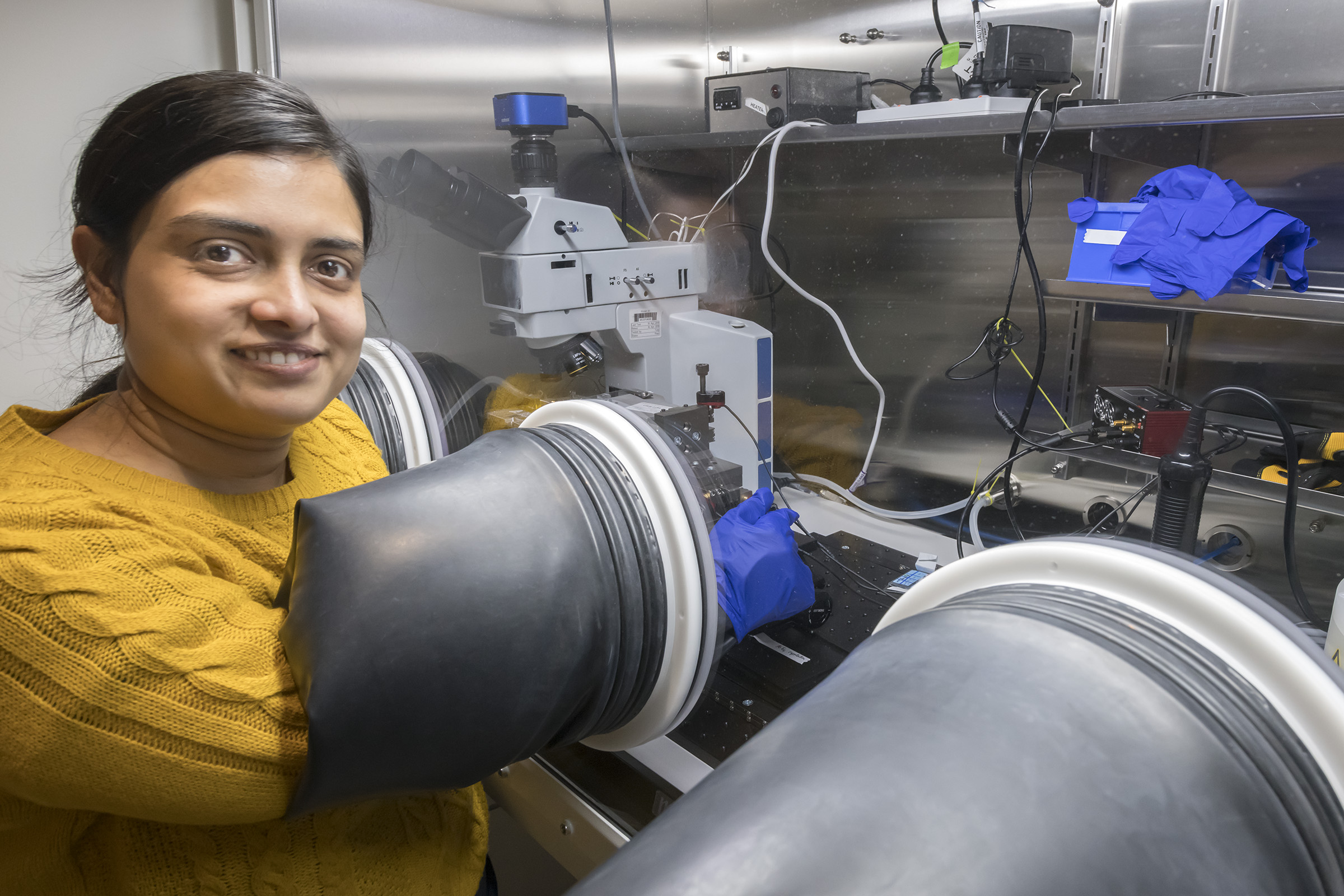
Semonti Bhattacharyya: ‘The brain has no gender – never let anyone tell you that you are not smart enough to study physics.’ -
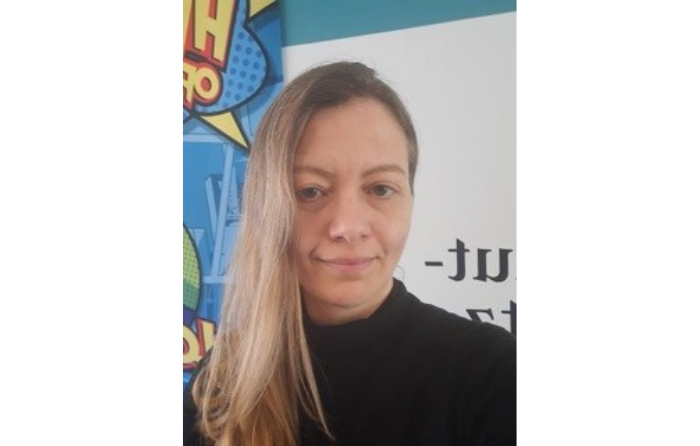
Silke Henkes: ‘Don’t be intimidated. It’s good for the field to have people with new perspectives.’ -
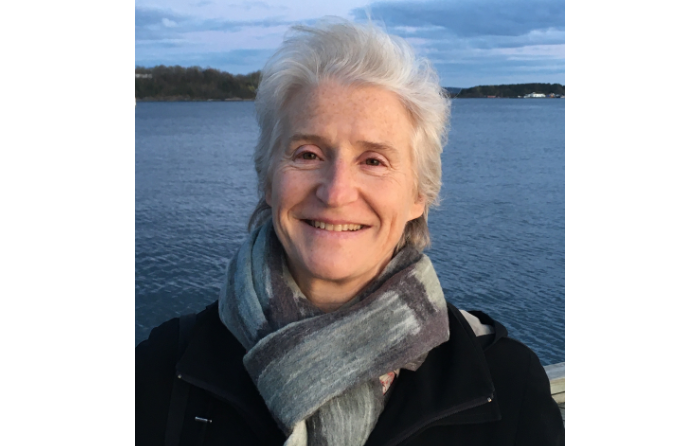
Ana Achúcarro: ‘My advice is the same for girls and boys, and for all studies: just follow your passion.’
What drew you to a career in physics?
Le Blay begins: ‘When I was younger I loved mathematics, because maths was like solving mysteries to me. Later I switched to physics because I wanted to explain everything that we can observe, such as patterns of clouds in the sky.’ Henkes agrees: ‘I chose physics because I wanted to understand how the world works.’
A deep curiosity about how the world works is also expressed by the other women. Achúcarro: ‘I grew up in Spain and I figured out very early that I wanted to be a scientist. There were not a lot of options in university. I wanted to know how things work fundamentally, and physics turned out to be a good compromise.’ Rovers adds: ‘In high school, it became clear to me that it is not a trivial task to describe and predict the world around us. That is a challenge I want to contribute to!’

What do you like about physics research so much?
‘The fact that I am working to satisfy my inner curious child,’ answers Bhattacharyya. ‘I find it thrilling to work with cutting-edge instrumentation and solve interesting problems. Everything gets topped by the excitement when I am the first person to witness a new finding.’ But also the contact with colleagues is important. Henkes: ‘I like the discussions with my collaborators. How can we bring all aspects of a problem together, sometimes from different fields, and build a model? Where does it fit into our bigger landscape of theories?’
Achúcarro: ‘You get to decide the questions you study yourself, and sometimes there are really deep! But most of the time they are small puzzles that you have to solve, one after another, to make progress. You are constantly revisiting things you thought you knew, only to discover that you can understand them even better. Or that you don't really understand them at all. When that happens, chances are that people around you don't understand them either. So it’s important to keep asking questions.’
Do you have a fun memory that you want to share?
Rovers is just starting out with research but is loving it so far: ‘All the people are very helpful and enthusiastic about their work. That made me feel at home from day one.’ Le Blay had an exciting experience during her career: ‘I have been lucky enough to meet 2 Nobel prize winners. Discussing with them about their research and feeling their passion is a very good memory.’
Bhattacharyya closes with a story that many researchers may recognise: ‘For a big collaborative project we were trying several methods but failing repeatedly. Then one night, when I was about to sleep I had a new idea. The next day, I tried this in the lab when no one else was around and voila! I saw it becoming a success - that was my Eureka moment.’
